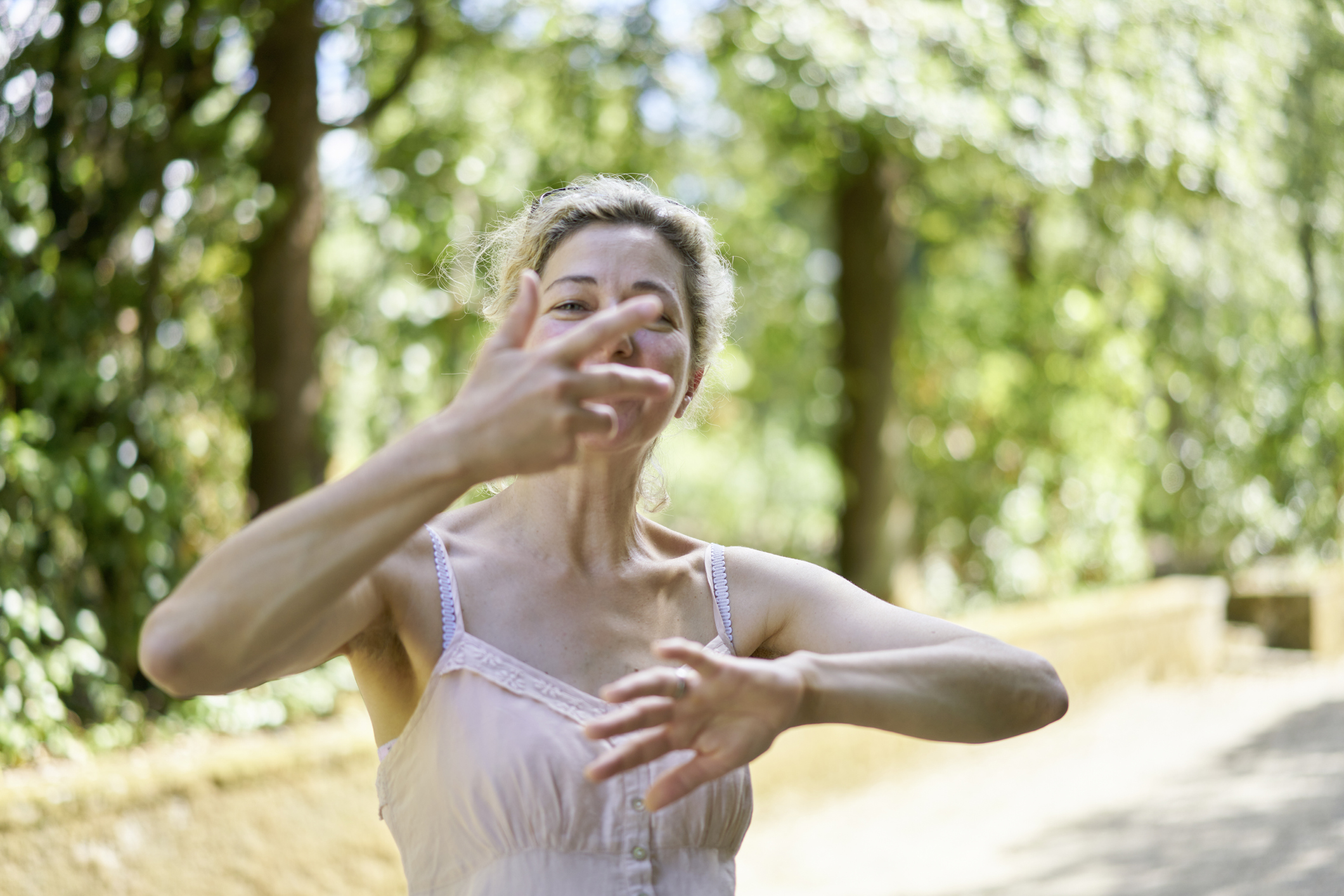Get Easy Health Digest™ in your inbox and don’t miss a thing when you subscribe today. Plus, get the free bonus report, Mother Nature’s Tips, Tricks and Remedies for Cholesterol, Blood Pressure & Blood Sugar as my way of saying welcome to the community!
Tai chi may help stroke survivors beat depression, anxiety and sleep problems

For approximately one-third of stroke survivors, the future can feel less than rosy. In fact, those that live through the interruption in blood flow to their brains due to a blood clot, usually face three common problems afterward: anxiety, sleep problems and depression.
According to the American Heart Association, these feelings can be due to biological changes in the brain following stroke as well as sadness about the losses that follow, such as a loss of energy and loss of interest in hobbies and activities.
But there’s hope and help available from an ancient Chinese practice that’s already been proven to be good for both the mind and the body…
Quieting the mind with tai chi
A team of scientists at the University of Arizona focused on the ancient practice (and form of exercise) known as tai chi to see what benefits it could hold for stroke survivors.
Why?
Past studies had already proven its efficacy at improving mental health issues for people living with conditions like ADHD and depression.
So the team decided to test the power of the practice to lower depressive symptoms in stroke survivors.
They recruited 11 participants who had lived through a stroke and reported mild to moderate depression, stress and anxiety symptoms. The team measured symptoms with questionnaires. And they even took blood samples to check for levels of oxidative stress and inflammation and followed up on sleep quality using a movement sensor at night.
Then each person was asked to take part in a tai chi class for just eight weeks.
And the results were impressive…
While levels of inflammation weren’t touched by practicing tai chi, oxidative stress dropped.
This is important because oxidative stress can lead to a breakdown of cell tissue and even cause DNA damage. These are factors shown to play a role in chronic disease.
And that wasn’t the only benefit tai chi had to offer for stroke survivors…
By the end of the study, participants also experienced “significant” reductions in depression, anxiety, and sleep problems.
Benefits to sleep included:
- More time spent sleeping
- Less amount of time awake after initially falling asleep
- Lower total time awake after going to bed
According to the study author, Dr. Ruth Taylor-Piliae, the practice works because, “Tai chi practice allows the individual to quiet the mind by dwelling in the present and setting aside unnecessary negative emotions, such as depression.”
Just three hours a week to beat the blues
So how much do you have to work out using the gentle, flowing movements of this ancient practice to feel and sleep better after a stroke?
The answer in this study was just one hour, three times a week.
For each class, participants took part in a 10-minute warm-up period, 40-minutes of tai chi exercise, and followed with a 10-minute cool-down period using the Wu style of tai chi.
And, you could grab more than happiness and better rest when you start your tai chi practice. In fact, past studies have shown that participating in this ancient mind/body exercise can also help you:
- Lose belly fat to improve your cholesterol
- Keep your arteries soft and your heart healthy
- And even slow your aging by giving your stem cells a boost
The good news is that it’s easy to practice tai chi at home too. You can find YouTube videos that offer instruction or even grab a DVD from Amazon. This article even offers a link to one easy beginner’s tai chi video you can use to get started.
Editor’s note: There are perfectly safe and natural ways to decrease your risk of blood clots including the 25-cent vitamin, the nutrient that acts as a natural blood thinner and the powerful herb that helps clear plaque. To discover these and other secrets of long-lived hearts, click here for Hushed Up Natural Heart Cures and Common Misconceptions of Popular Heart Treatments!
Sources:
Tai chi shows ability to help stroke victims avoid depression – Study Finds
Tai chi shows promise for relief of depression and anxiety in stroke survivors – European Society of Cardiology
What Is Oxidative Stress? – WebMD













